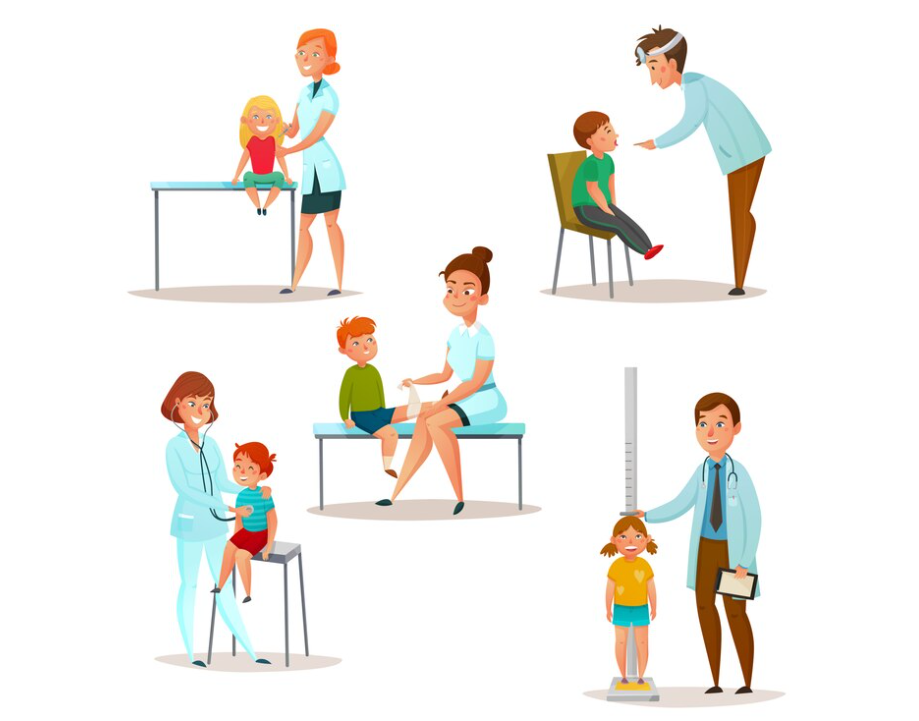
Arthritis in Children: Diagnosis, Treatment, and Support
Introduction: Arthritis is often associated with older adults, but did you know that children can also be affected by this condition? In this blog, we’ll explore arthritis in children, including how it’s diagnosed, treated, and the support available for affected families.
Understanding Arthritis in Children: Arthritis in children, also known as juvenile idiopathic arthritis (JIA), is a chronic condition characterized by joint inflammation. It can affect children of all ages, including infants, toddlers, and adolescents.
Diagnosis: Diagnosing arthritis in children can be challenging as symptoms may mimic other conditions or be dismissed as growing pains. Common symptoms include joint pain, swelling, stiffness, and reluctance to use affected joints. To diagnose JIA, doctors may perform a physical examination, blood tests, imaging studies, and possibly joint fluid analysis.
Treatment: The goal of treatment for juvenile arthritis is to relieve pain, reduce inflammation, prevent joint damage, and improve the child’s quality of life. Treatment may include:
- Medications: Nonsteroidal anti-inflammatory drugs (NSAIDs), disease-modifying antirheumatic drugs (DMARDs), and biologic agents may be prescribed to manage symptoms and slow disease progression.
- Physical Therapy: A physical therapist can provide exercises and techniques to improve joint function, flexibility, and strength.
- Occupational Therapy: An occupational therapist can help children learn strategies to manage daily activities and reduce joint strain.
- Assistive Devices: Devices like splints or braces may be recommended to support and protect affected joints.
- Lifestyle Changes: Healthy lifestyle habits such as maintaining a balanced diet, getting regular exercise, and managing stress can help manage symptoms.
Support for Families: Coping with a child’s arthritis diagnosis can be overwhelming for families. Support groups, online forums, and counseling services can provide emotional support, practical advice, and connections with other families facing similar challenges.
Conclusion: Arthritis in children can have a significant impact on their daily lives, but with early diagnosis, appropriate treatment, and support, children with juvenile arthritis can lead fulfilling lives. By understanding the diagnosis process, treatment options, and available support, families can navigate the challenges of childhood arthritis more effectively.
To seek medical advice, always consult a Doctor. Here are our recommended experts.Click Here
To read more on Arthritis. Click Here


